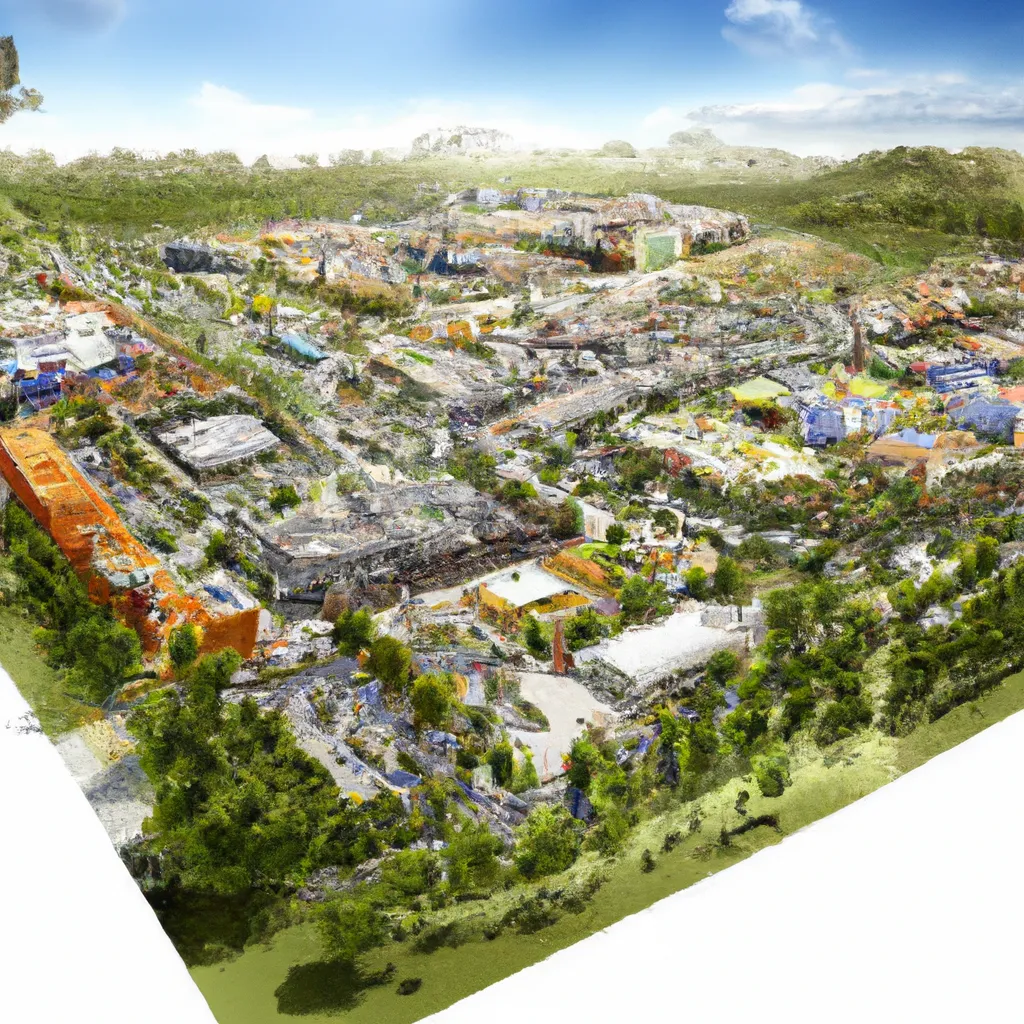Meet your new host: Google.

Tech giants like Google, Meta and Disney, facing a housing shortage, have decided to take the initiative and start building homes themselves. These companies aim to create modern company towns that will include stores, housing and public spaces. Although these projects will not have company logos on each building, many of these residences will be available to the public, not just company employees.
The main companies producing these projects
assure that they can help solve the country's affordable housing problem. But it's worth considering these plans with some healthy skepticism. The history of the one-man "company towns" of the 19th and 20th centuries has a long and bloody history of exploitation and labor conflicts. While modern plans are a far cry from those dark days of the 19th and early 20th century, they probably won't bring a new age of futuristic techno-utopias. These projects look more like existing modern real estate: glass office buildings, parks and streets with coffee shops, restaurants and attractive apartments.
We won't see floating cities or domed villages.
We won't see the floating cities or domed villages that science fiction writers dreamed of. Instead, these companies want to outperform their competitors, attract and retain the best employees, and ideally bring them back to the office. We should not forget that building a new city is a complex and time-consuming endeavor.
assure that they can help solve the country's affordable housing problem. But it's worth considering these plans with some healthy skepticism. The history of the one-man "company towns" of the 19th and 20th centuries has a long and bloody history of exploitation and labor conflicts. While modern plans are a far cry from those dark days of the 19th and early 20th century, they probably won't bring a new age of futuristic techno-utopias. These projects look more like existing modern real estate: glass office buildings, parks and streets with coffee shops, restaurants and attractive apartments.
We won't see floating cities or domed villages.
We won't see the floating cities or domed villages that science fiction writers dreamed of. Instead, these companies want to outperform their competitors, attract and retain the best employees, and ideally bring them back to the office. We should not forget that building a new city is a complex and time-consuming endeavor.
I wonder what form these new company-cities will take - a techno-utopia with advanced technology or a regime of overly overbearing "giants." But most likely the final result will be somewhere in the middle. However, it's worth remembering that these are not the usual real estate developers.
Building affordable housing near offices is good press and makes good business sense. But if these projects don't align with the company's business goals, they are likely to postpone them. Creating new cities is a complex and time-consuming endeavor. History shows that such projects often fail.
The history of real estate production companies also provides insight into which direction new projects will take: toward idealized cheap housing and valuable benefits, or toward a more dystopian future where we become even more dependent on companies that have already infiltrated every aspect of our lives.
Past experience can tell us what we should be aiming for. Perhaps big companies like Google have learned their lesson and are now taking a different tactic. They're proposing more traditional projects with keywords like "mixed use" and "livability" instead of sci-fi villages where robots pick up trash and your Facebook profile is your passport.
In fact, the bottom line that these new company towns will come to is likely to be somewhere in the middle. It is important to remember that we are not dealing with ordinary real estate developers.
Comment
Popular Posts
Popular Offers

Subscribe to the newsletter from Hatamatata.com!
Subscribe to the newsletter from Hatamatata.com!
I agree to the processing of personal data and confidentiality rules of Hatamatata





